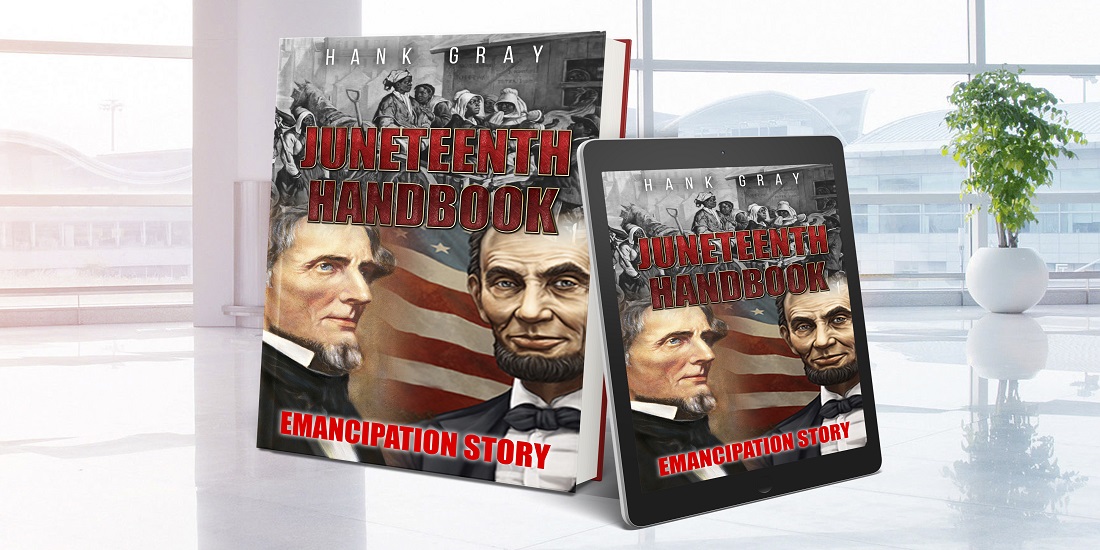Aided by funds from William Still and others involved with the underground railroad Harriet seldom telegraphed her intentions. Most of the time her supporters and the people she trusted would only learn of one of Harriet's expeditions once she had returned; alerted by a request for shoes or other supplies for those Harriet had guided to freedom. Early in her life, a blow to the head with a heavy metal weight by an angry overseer had left Harriet with frequent headaches and sudden bouts of illness. Illness prevented Harriet Tubman from accompanying John Brown on his failed raid of the armory at Harper's Ferry, one coincidence that certainly saved her life.
Anyone who knew Harriet Tubman would tell you there was nothing wrong with her courage. For someone who often gave the appearance of being asleep on her feet, she possessed mental and physical qualities that in my opinion were amazing. During the Civil War, she would lead union soldiers up the Combahee River and free more than seven-hundred slaves. At the end of the Civil War, she would suffer a beating from a railroad conductor and several other men before being thrown into a baggage car after the attack, she survived. The military would refuse to pay Harriet for her service as agreed; selling produce from her garden Harriet would still survive. Harriet Tubman deserves her place in Juneteenth history for her heroics. Unlike many of the other slaves who had convinced themselves that freedom was something they would have only in the next life, Harriet worked hard for them to enjoy some freedom in the life they had.
And while none of the above mentioned would live long enough to enjoy the freedoms that American African people have today the memory of their struggles is still celebrated with the Juneteenth Day Celebration. News of Harriet Tubman spread far and wide, she was invited to England by Queen Victoria to celebrate the Queen's birthday; even after her death from pneumonia in 1913 Harriet's humanitarian contributions, the freeing of her people, with or without an emancipation proclamation, continued to be honored up to and including the U.S. Post Office issuing a Harriet Tubman Stamp in 1995. The stamp shows Harriet Tubman piloting a group of slaves to freedom. The end of slavery and the beginning of the Juneteenth Day Celebration ended the need for Harriet and her abolitionist friends to continue maintaining the secret system of hideouts, hidden trails, and secret transportation also known as the underground railroad.
Harriet Tubman's last husband Nelson Davis was in the military, when he passes away in 1888, she finally received some money from the government in the form of I guess what could be called survivors benefits. In her later years, Harriet Tubman was paid twenty dollars a month. With or without that money I get the feeling this woman would have continued to survive.








